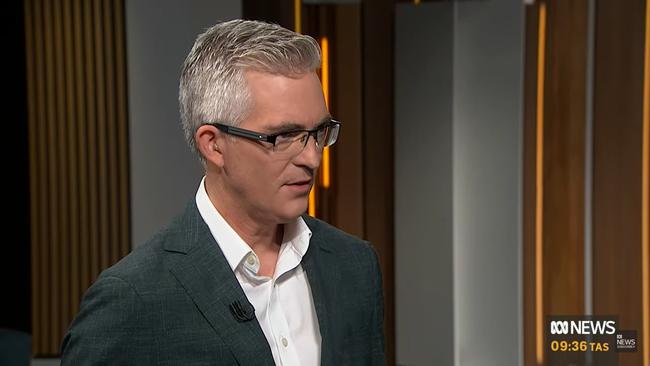
It’s the extent to which – in a fractured, financially challenged media environment – opinions that consumers can agree with are privileged over news gathering. Opinion-based journalism is easier and cheaper to produce than conventional reporting, let alone serious investigative work. But conservative commentary has built profitable businesses as consumers seek relief from the left-wing activism of mainstream media.
Some journalists on Twitter have been gleeful about Fox News’s decision to settle a law suit from Dominion Voting Systems over allegations aired on Fox about vote fraud in the 2020 election. They have been even more thrilled by the departure of Carlson and internal Fox emails aired in the lead-up to the settlement.
These revealed high-profile Fox News hosts who had publicly supported President Trump’s claims he lost the 2020 presidential election because of vote fraud privately knew such claims were false. One email showed Carlson personally disliked Trump, a hero to much of Fox’s audience.
Carlson and others inside the network were concerned their audience was being alienated by reporting that suggested Trump’s claims did not stand up. They were worried at the audience reaction to the early election night call against the Republicans in Arizona by Fox’s political team.
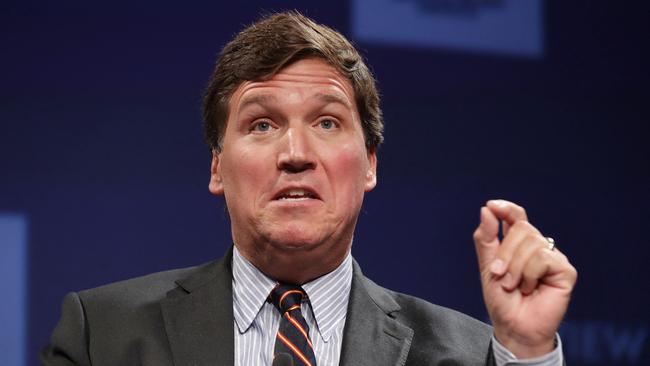
Yet adjusting news coverage to suit audience biases is not just a problem for conservative television. It’s the other side of the same political reinforcement of consumer biases that got most of the US’s mainstream newspapers and television networks into trouble in four years of overblown reporting about the Russiagate hoax. We now know the whole story was cooked up by Democrats supporting Hillary Clinton in 2016, and former intelligence officers hired by media companies to opine on national security issues.
It got many of the same news sources into more trouble when they claimed in late 2020 that The New York Post’s Hunter Biden laptop story in the lead-up to the election that year was Russian disinformation. The laptop and its email contents have since been confirmed genuine.
Most US media businesses built audiences on Trump’s polarisation of the electorate. This column has previously showed how the Trump Russiagate story proved a boon for subscriptions at The New York Times.
The ABC should reflect on the dangers of shaping news coverage to suit audiences. Its collapsing radio ratings were discussed here last week by this newspaper’s media editor James Madden.
He quoted internal sources saying the ABC was targeting values at odds with those of the majority of its 50-plus age radio and television audience. Its self-conscious attempts to seem progressive with welcomes to country at the start of programs and a ubiquitous focus on transgender, climate and welfare issues may win its journalists support from their friends but could be alienating its listeners.
Some journalism academics have argued for an end to traditional journalistic notions of fairness and balance. They are speaking from the left and would always demand more balance from conservative media, while advocating for less balance by the left. That’s because they approve of reporters campaigning for social outcomes they support.
Many such academics would privately agree with former ABC managing director Mark Scott, who claimed in 2011 that the ABC was “a market failure broadcaster”. Scott was not thinking in the same terms as the ABC’s early MDs, who knew the corporation’s role involved doing on the federal government’s purse what commercial media could not do profitably.
No, Scott had in mind the national broadcaster balancing the centre right positioning of News Corp’s papers.
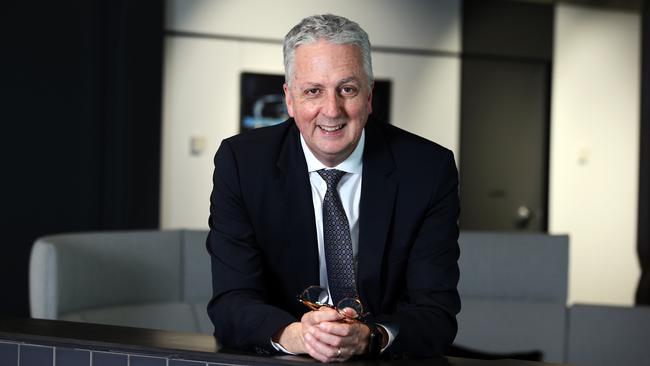
In the internet age consumers have access to a world of media diversity. This column believes it is News Corp that is balancing the left biases of the national broadcaster, the Nine papers, Guardian Australia, Crikey, The Conversation and The New Daily. The ABC has effectively allowed social media, particularly Twitter, to be its shadow editor-in-chief, a role the MD should exercise.
Insiders host David Speers, a dual Walkley Award winning interviewer during his time at Sky News Australia, seems to have tailored his technique following Twitter storms early in his stint at the ABC. He started just as tough when questioning the then Labor Opposition as he was with former Coalition government figures. That’s all changed.
Four Corners too has fallen into the audience confirmation bias trap in its reporting of Trump. Sarah Ferguson’s three-part 2018 opus on Trump and Russiagate – grandly called The Story of the Century – should have been taken down from the ABC website. One of Ferguson’s main sources, former Obama national security chief James Clapper, was given free rein by Ferguson. But Four Corners has never acknowledged that Clapper, in responding in 2018 to a question by Florida Republican Tom Rooney before the House Intelligence Committee, said: “I never saw any direct evidence that the Trump campaign … was conspiring with the Russians to meddle with the (2016) election.”
Ferguson was pandering to the anti-Trump biases of the ABC’s audience in much the same way Tucker Carlson was using claims of election fraud to appeal to his audience. Yet Carlson lost his job and Ferguson got to re-run a piece on Fox News that has been criticised by the Australian Communications and Media Authority.
Perhaps the best illustration of the audience’s capture of the national broadcaster was a 2018 story by the co-host of the ABC’s The Drum, Julia Baird, in The Sydney Morning Herald in defence of her program’s use of talent from the Institute of Public Affairs. The piece came in the wake of a Twitter storm of protest that the ABC was airing IPA arguments.
The program had benefited from occasional input from the right. Former IPA boss John Roskam told this column last week that no one from the IPA has appeared on The Drum since. The program is now unwatchably boring.
Back to Tucker Carlson. Fox News will thrive without him, just as it recovered from the loss of previous popular hosts Glenn Beck in 2011 and Bill O’Reilly in 2017, and the departure of Megyn Kelly in 2017. The lesson of Carlson’s axing is journalists should never publish as fact allegations they know to be untrue. Some conservative commentators in Australia have echoed the same vote fraud claims trumpeted by Carlson.
It was always fair to report Trump’s claims as a sitting and former president, but such reporting needed balancing quotes from election experts who could explain vote fraud is common but there is no evidence it has reached levels in the US or here that could change election results.
Talk is cheap, even if popular. Traditional journalistic methods are worth preserving. Journalistic advocacy on the political left or right adds little compared with the work of serious reporters such as this paper’s Hedley Thomas on The Teacher’s Pet podcast or Greg Bearup with his ongoing series about white artists painting on Indigenous art works. Ditto reporting by Sky News in Aboriginal communities in the NT, the Nine papers’ Nick McKenzie on interference by China in Australian domestic politics, and ABC reporters filing from the war in Ukraine.


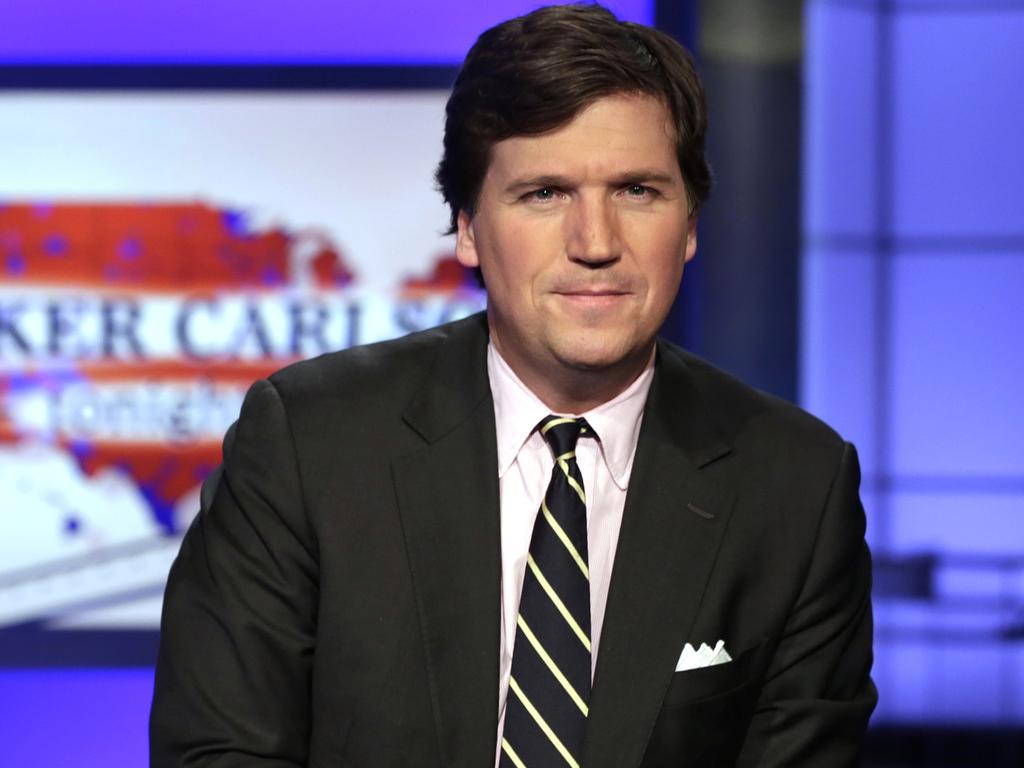
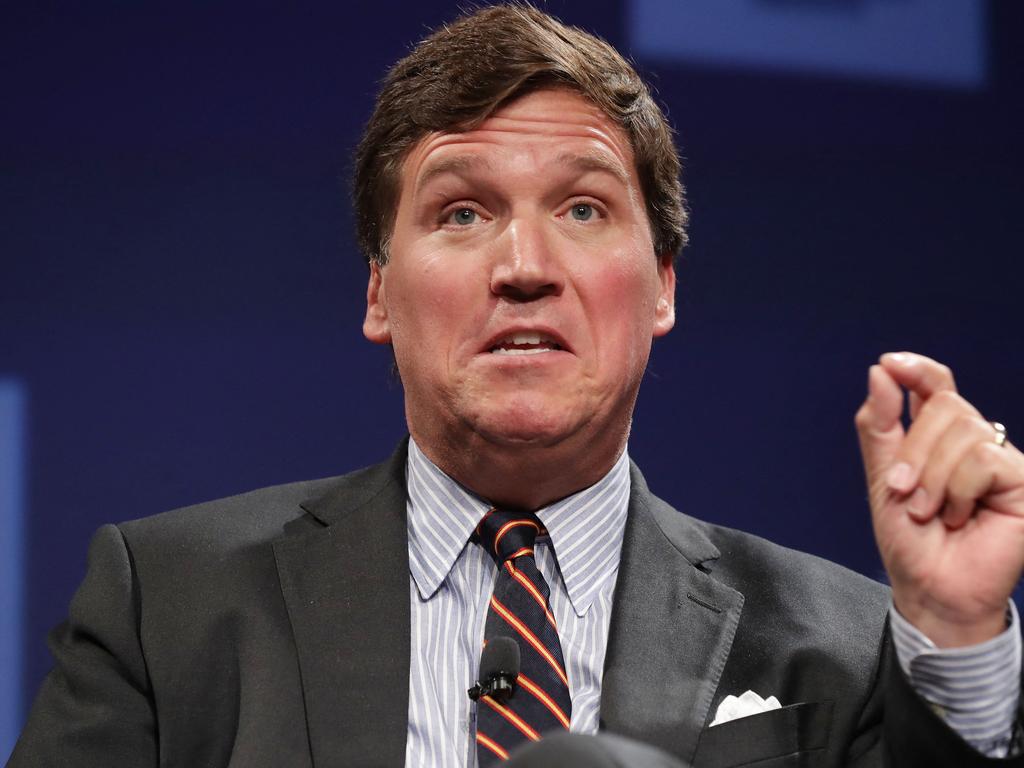
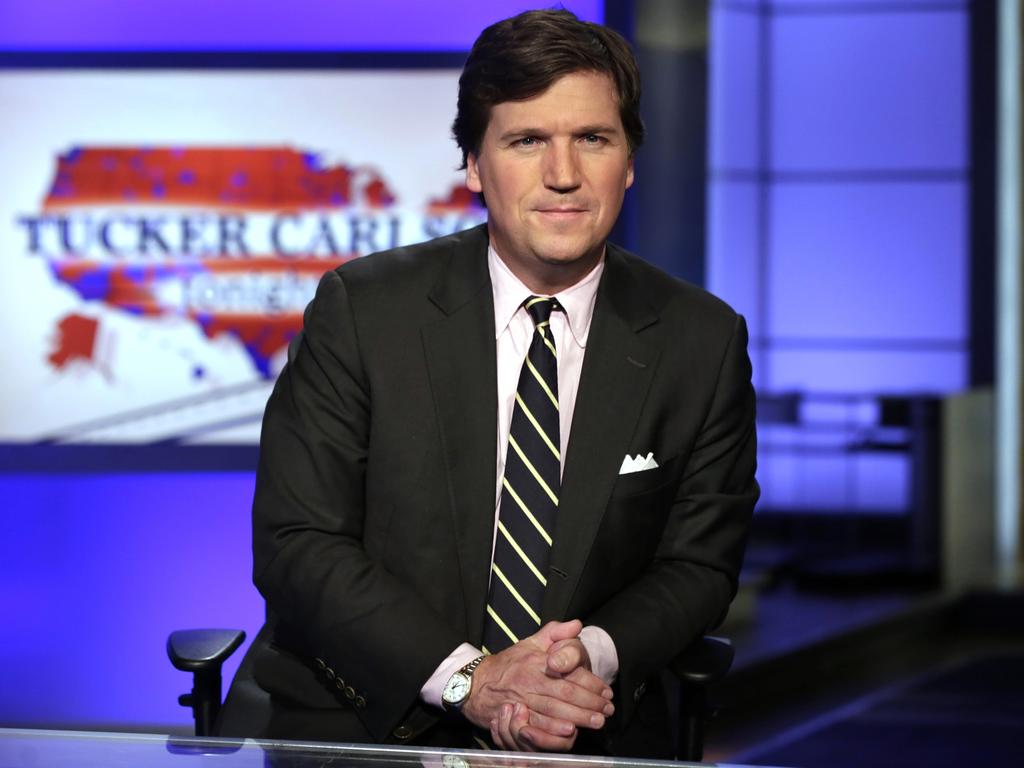
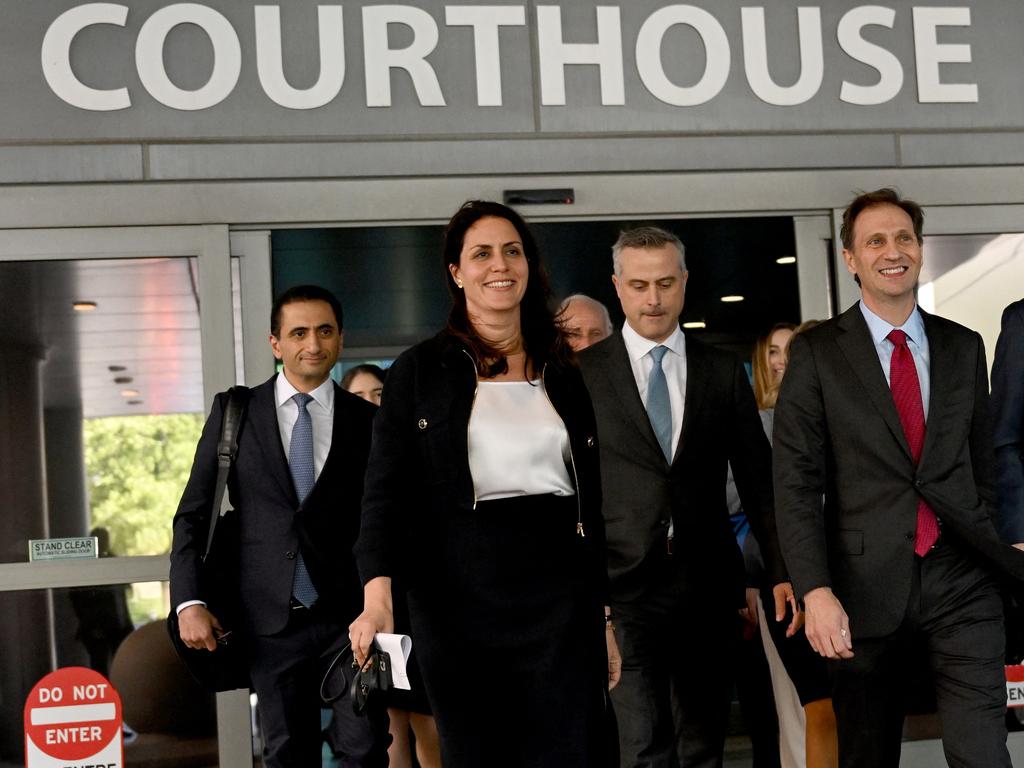


Fox News’s sacking of high-profile conservative host Tucker Carlson a week ago raises an important issue for all news businesses.